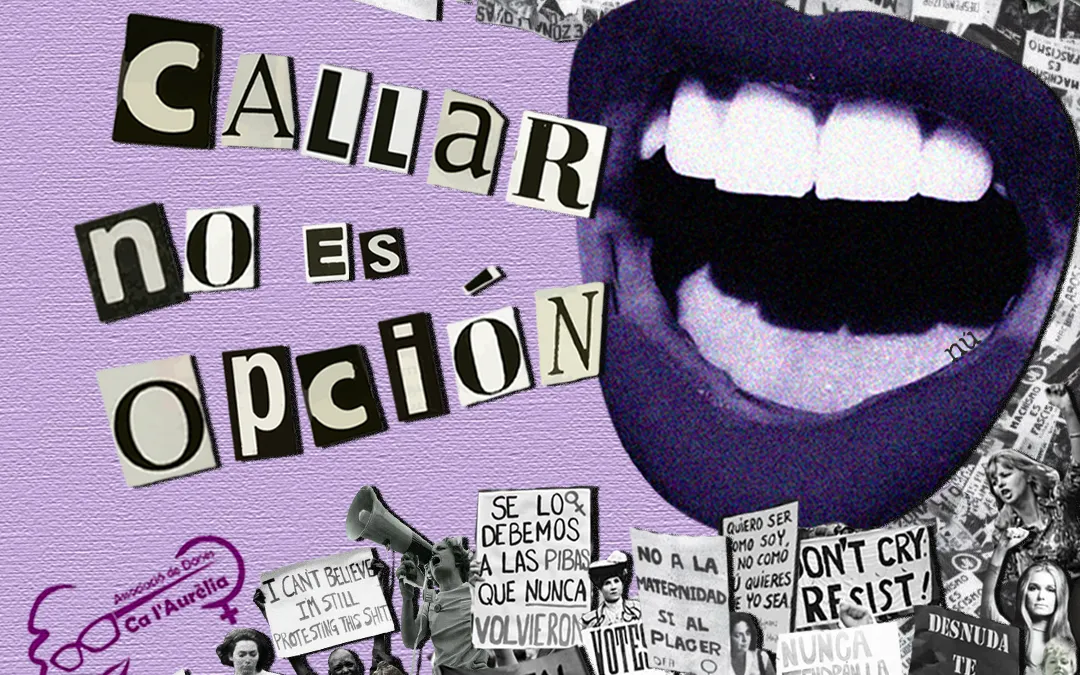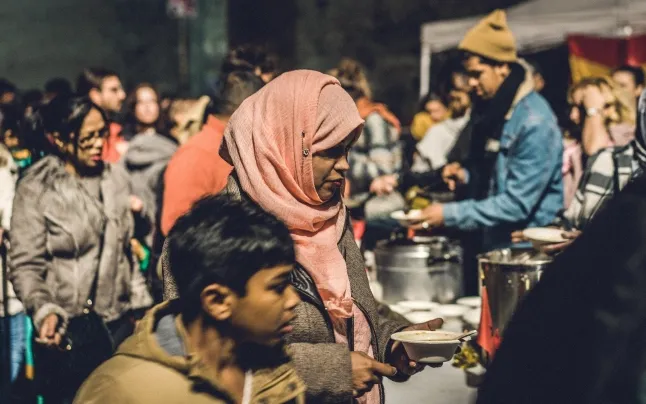The European Women’s Lobby has published a report that analyses the impact of the Istanbul convention ten years later and shows the persisting obstacles in eliminating violence against women.
The European Women’s Lobby has launched the report ‘Towards a Europe free from male violence against women and girls’. Ten years later of the Istanbul Convention, the document takes into consideration the key achievements and, at the same time, shows the main persisting obstacles in eliminating violence against women all over Europe.
The report also gives recommendations to fight against this trouble and describes the adequate response to multiple forms of discrimination against women and girls.
The Istanbul convention: Ten years later
Male violence against women and girls is a fundamental human rights violation. Nowadays, the trouble is still a reality. One out of every three women in the EU or, in other words, 62 million women, has experienced physical and/or sexual violence since the age of 15. Besides that, one in 10 women has experienced some form of sexual violence, and 5% of women have been raped.
On 1 August 2014, the Istanbul Convention entered into force as a landmark decision at the European level to prevent and protect women and girls from male violence. The convention offers guidance to states parties to give an adequate multidisciplinary response to violence through the four pillars: prevention of violence, protection of survivors and reparation, prosecution of perpetrators, and integrated policies.
Ten years later, the Convention has demonstrated its positive impact in the prevention and combat the violence against women. The document shows the key achievements of the first ten years:
- A strong majority of countries analyzed (96%) have made substantive improvements to their policies and legislation related to combating violence against women and girls, and domestic violence.
- 19 out of every 23 countries examined (83%) have improved protection services for women victims of violence and victims of domestic violence.
- In 14 out of the 23 countries analyzed (61%), efforts to prevent violence against women and girls and domestic violence have intensified.
- Improvements in investigations and prosecution are already visible in 15 out of 23 countries analyzed (65%), which is more than half of the countries that have ratified the Convention.
Persisting obstacles in eliminating violence against women and girls
Although the Istanbul Convention has had a positive impact, some obstacles are persisting in eliminating violence against women and girls:
- Reservations to the Istanbul Convention. Of the 23 European countries analyzed that have ratified the Convention, 14 countries were found to have made a reservation.
- Victim blaming attitudes. According to the EWL Observatory experts, there is a strong trend towards blaming the survivors in 28 of the 31 countries analysed (91%).
- Use of family conflict approach, mediation and dual arrests. Family conflict approach is used in 23 out of 31 countries (74%), despite its traditional focus on the dispute or conflict rather than on unequal power dynamics, particularly in cases of domestic violence.
- Custody proceedings and visitation rights. In cases of custody proceedings and visitation rights, EWL Observatory experts reported that 11 of the 31 countries analyzed (35%) have laws that stipulate that violence against women and domestic violence should be taken into account when determining custody.
- Gaps in data collection. In 19 out of 31, countries analyzed (61%), male violence against women cannot be clearly seen from the statistical data.
Recommendations
The document also gives some recommendations to the Council of European Union, the European Commission.
- Addressing sexism as a root cause of male violence against women and girls.
- An intersectional approach to women and girls in all their diversity.
- The European Commission and the Council of the EU should pursue ongoing efforts for the EU to accede to the Istanbul Convention.
- The EU should adopt a comprehensive EU-wide strategy, action plan and legislation on preventing and combating all forms of violence against women and girls in Europe.
- Allocate sustainable financing to support the promotion of women’s rights, the elimination of discrimination against women including male violence, and the work of women’s organisations.
- Ensure gender mainstreaming of all EU policies, including digital policies.
- All programmes under the MFF 2021-2027 and Next Generation EU must consider and mainstream women’s and girls’ experiences.
- In addressing violence against women and girls, the human rights and safety of the victims shall be placed at the centre of all related actions, at all phases and levels.







Add new comment